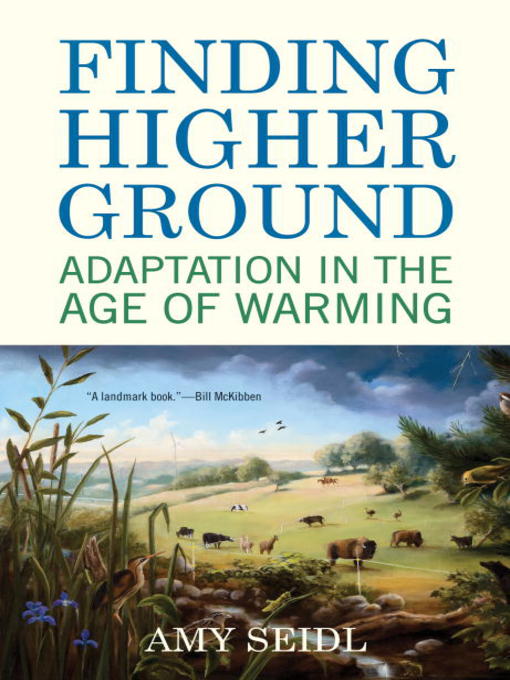- Available now
- New eBook additions
- New kids additions
- New teen additions
- Most popular
- Try something different
- See all ebooks collections
- Available now
- New audiobook additions
- New kids additions
- New teen additions
- Most popular
- Try something different
- See all audiobooks collections
- Green Mountain Book Award, 2025-2026
- Golden Dome Book Award 2025-2026
- Golden Dome Book Award 2024-2025
- Red Clover Book Award, 2025-2026
- The Red Clover Book Award 2024-2025
- Green Mountain Book Award 2024-2025
- Green Mountain Book Award 2023-2024
- Vermont Golden Dome Book Award 2023-2024
- Red Clover Book Award 2023-2024
- Vermont Golden Dome Book Award Master List 2022-2023
- Green Mountain Book Award 2022-2023
- Green Mountain Book Award 2021-2022
- Vermont Golden Dome Book Award Master List 2021-2022
- See all awards collections

